Many Chinese students are worried after the country's Ministry of Education put 13 low-ranked schools on a verification list due to questionable degrees, in an effort to prevent students from choosing low-ranked universities abroad to "shorten" their career path.
 |
| Recent changes to certification requirements by Chinese education authorities are causing concern for Chinese students taking online courses abroad. Photo: Shutterstock Images |
Last week, the China Service Center for Academic Exchanges (CSCSE) under the Chinese Ministry of Education released a list of 13 universities in the Philippines, Mongolia and India to more closely verify master's and doctoral degrees, according to the SCMP.
The center is responsible for certifying academic degrees from abroad, which many Chinese students use to gain an edge in the highly competitive domestic job market, or to apply for higher education or to register for a household registration, known as hukou, in major cities.
Normally, the verification process takes 10-20 working days but the center said it would take at least 60 days to assess qualifications from those universities, citing “significant irregularities” found in the data for applications for master’s and doctoral degrees from these institutions.
The center said six universities are located in the Philippines, five in Mongolia and two in India.
In the 2024 World University Rankings published by Times Higher Education, all 13 universities ranked by CSCSE were ranked below 1,500 or were not listed, except for one.
In recent years, many Chinese have turned to non-elite universities in the West and developing countries where there are no entrance exams to upgrade their skills at a low cost to better compete in an increasingly fierce job market.
However, doubts have been raised about the quality of higher education degrees and career development programs offered by these institutions.
According to the 2022 White Paper for Chinese Students Studying Abroad published by Chinese education services company EIC Education, by the end of 2022, it is estimated that there are nearly 100,000 Chinese students studying abroad in Southeast Asia and this number is continuing to increase.
A 38-year-old Chinese woman said she enrolled in a distance learning master’s program at a university in Manila because there were no entry requirements and she did not need to take time off work to attend the course. Given her low education level, she needed the degree to increase her chances of keeping a job.
A first-year Chinese graduate student majoring in educational administration at Philippine Women’s University said she had been taking online classes while living in the Philippines. However, earlier this month, the school announced that she would have to take classes in person next semester.
George Ji, an education consultant, said about 10% of his clients – most of whom have limited budgets and poor English skills – have asked about studying abroad in countries such as the Philippines, Mongolia and India. “The cost of studying abroad in these countries is less than one-fifth of the cost of studying abroad in popular countries,” Ji said.
This is not the first time that CSCSE has stepped up measures to verify overseas study at low-ranked universities.
In July 2021, the CSCSE said it had tightened its oversight of qualifications for a number of Belarusian educational institutions, which the centre said had taken advantage of Covid-19 restrictions to target the Chinese market with low-quality online courses.
The center has issued four other warnings to organizations and programs, mostly located in developing countries such as Malaysia, Thailand, the Philippines and Indonesia.
In July 2022, it was reported that a college in China spent more than $2.5 million to subsidize 23 junior teachers so they could earn a doctorate in philosophy from a university in the Philippines in 28 months, a much shorter time frame than usual. The institution was placed on the enhanced verification list in November 2021.
Some non-elite universities or vocational colleges in China have difficulty recruiting people with PhDs, so they have tried to increase the proportion of qualified teachers by encouraging their faculty to study in Southeast Asia, where it is easier to obtain a PhD.
Ji said the surge in verification applications, due to the surge in enrollment during the pandemic, could also be a reason for the need for closer monitoring.
“For example, if last year there were only 30 verified applicants from a particular university but this year the number skyrockets to 300, the centre will be extra vigilant to ensure that the university does not sell diplomas or shorten the programme duration,” he said.
Another reason for the tighter scrutiny may be because the proportion of online teaching is so high, Ji said.
Many universities - in China and abroad - have started holding online classes during the pandemic, with the CSCSE saying it can certify degrees earned through online classes.
But after China lifts its Covid-19 control measures and reopens its borders in January 2023, CSCSE said foreign degrees and certificates obtained through online classes will no longer be recognized.
Another Chinese student taking an online course in the Philippines said that although her school was not on the verified list, she was still worried that it could be added to the list in the future.
“I should have chosen to do my MBA in China while working,” she said. “Now I regret my decision.”
Source: https://baoquocte.vn/that-chat-kiem-tra-cac-bang-cap-dang-ngo-tu-nuoc-ngoai-281193.html


![[Photo] National Assembly Chairman Tran Thanh Man meets with General Secretary and President of China Xi Jinping](https://vstatic.vietnam.vn/vietnam/resource/IMAGE/2025/4/14/4e8fab54da744230b54598eff0070485)
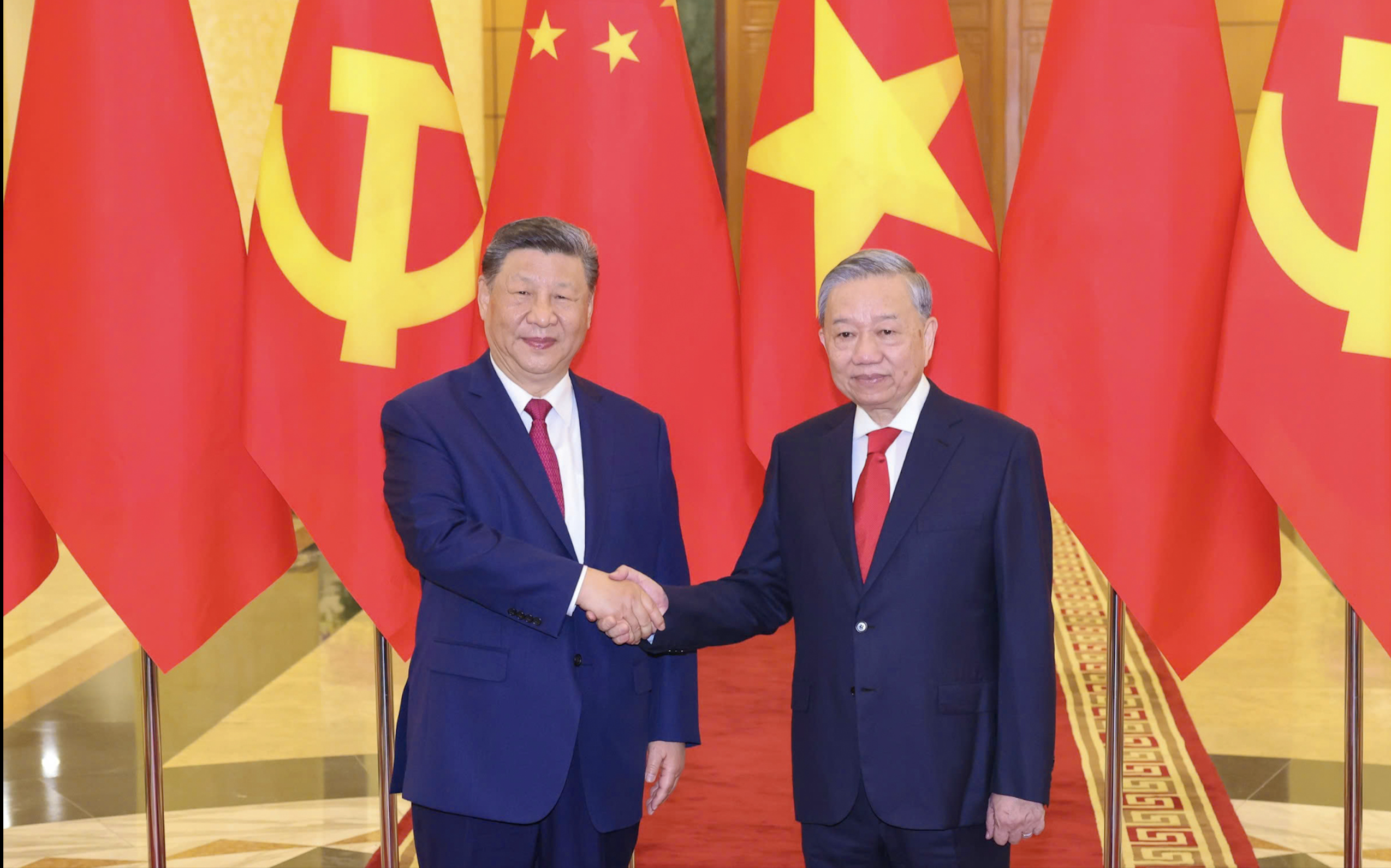
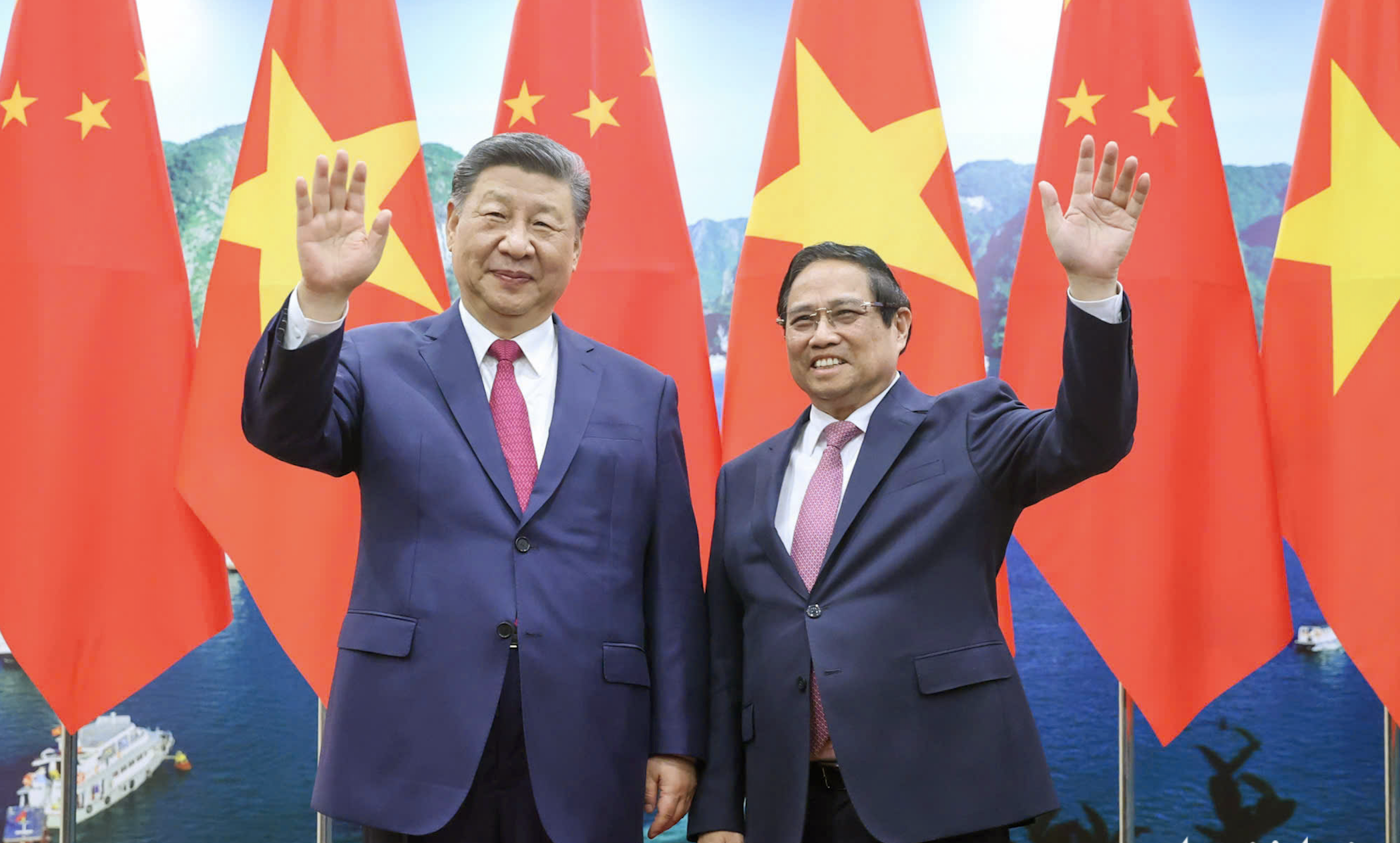
![[Photo] Reception to welcome General Secretary and President of China Xi Jinping](https://vstatic.vietnam.vn/vietnam/resource/IMAGE/2025/4/15/ef636fe84ae24df48dcc734ac3692867)
![[Photo] Prime Minister Pham Minh Chinh meets with General Secretary and President of China Xi Jinping](https://vstatic.vietnam.vn/vietnam/resource/IMAGE/2025/4/14/893f1141468a49e29fb42607a670b174)
![[Photo] Tan Son Nhat Terminal T3 - key project completed ahead of schedule](https://vstatic.vietnam.vn/vietnam/resource/IMAGE/2025/4/15/85f0ae82199548e5a30d478733f4d783)

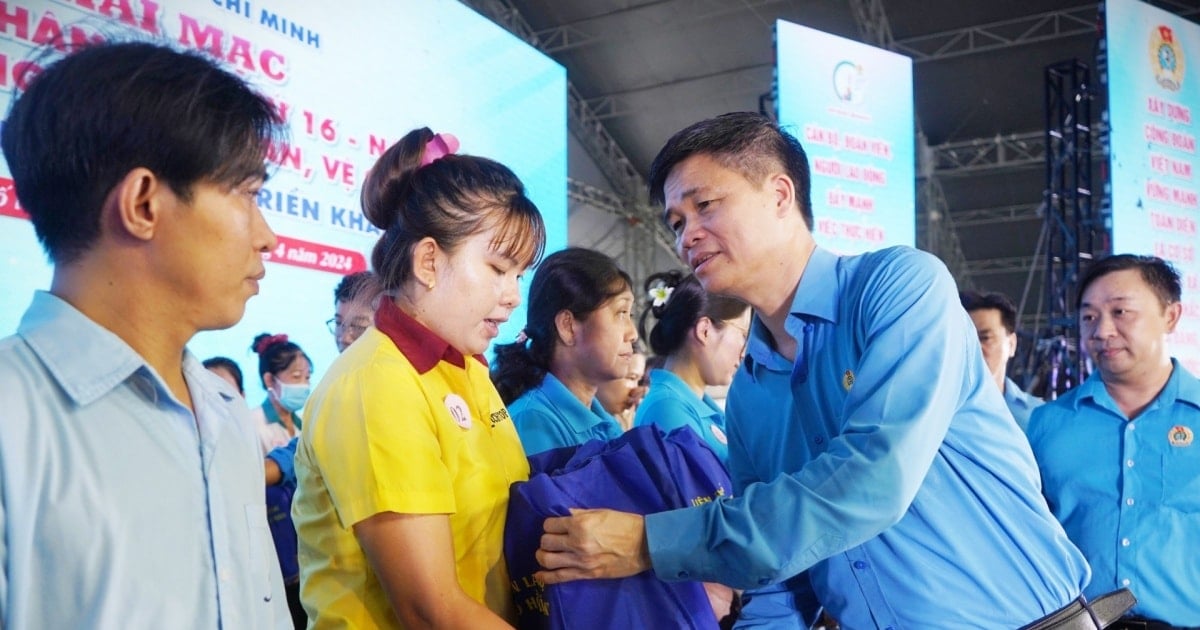



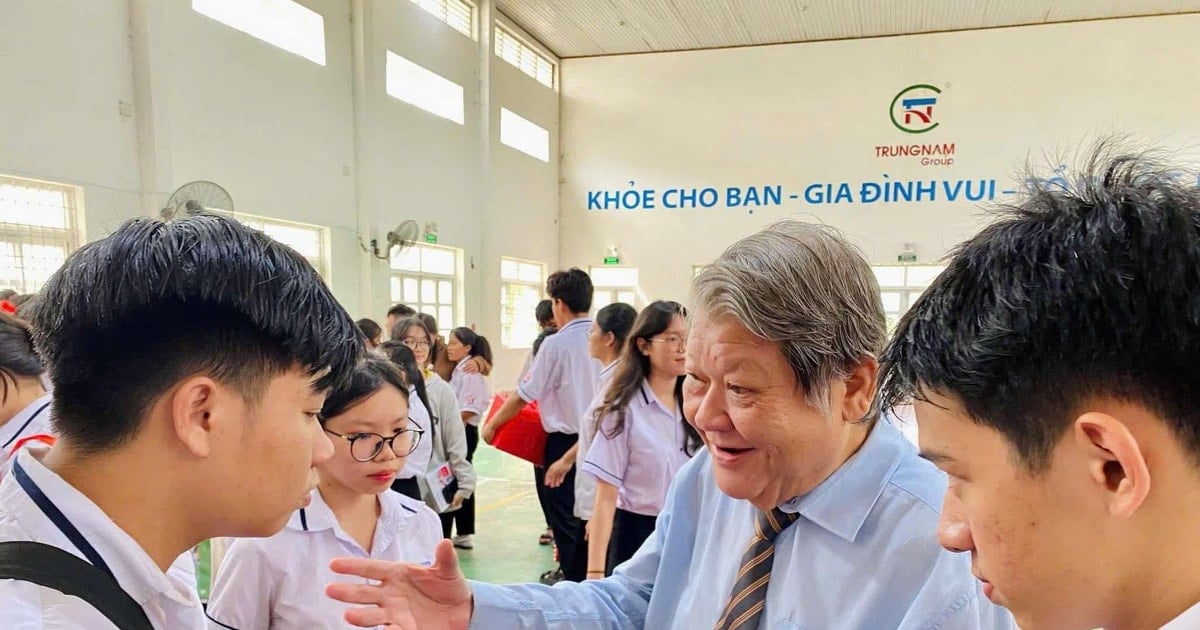
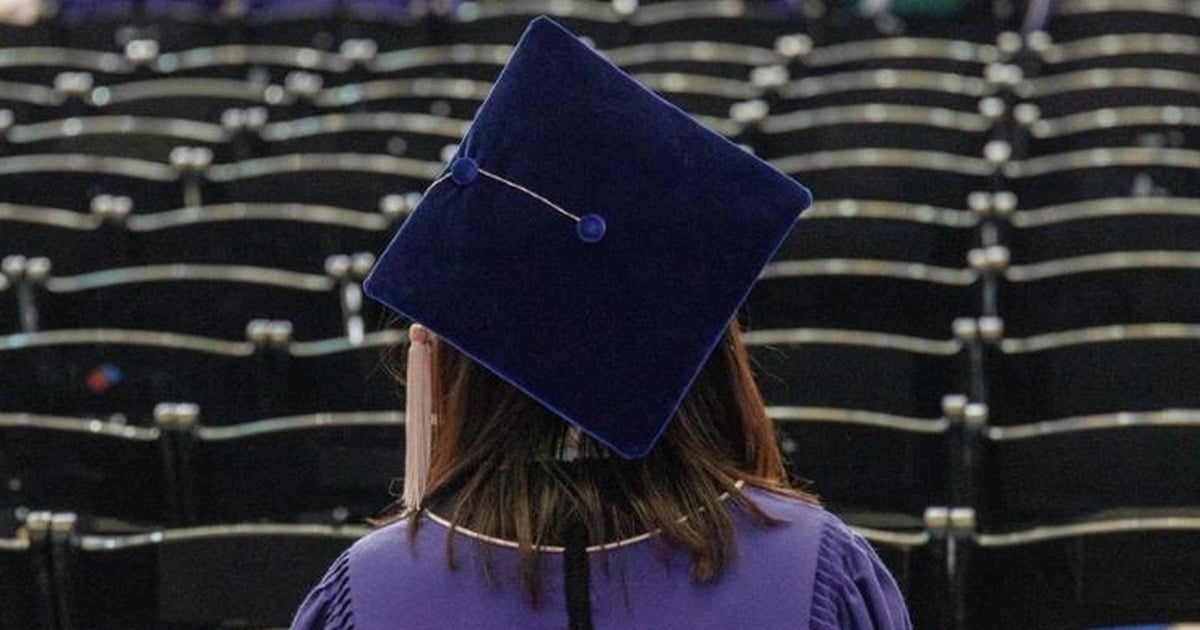



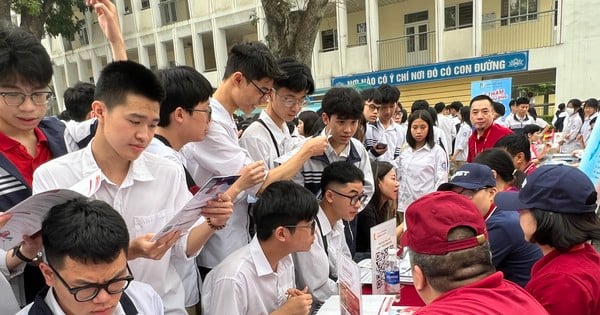
![[Infographic] Key timeline of the 2025 High School Graduation Exam](https://vstatic.vietnam.vn/vietnam/resource/IMAGE/2025/3/13/54d46b2de79f4a5281eaff4ede27d394)
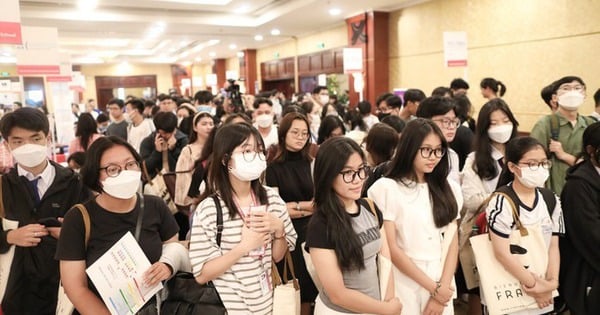
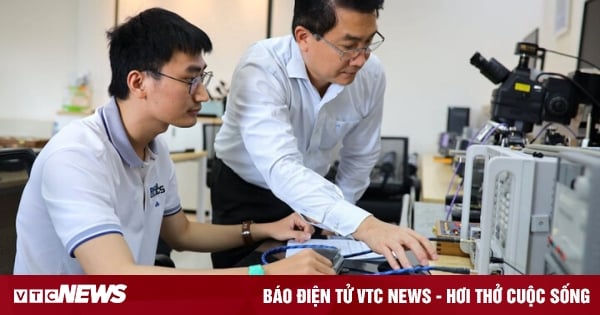
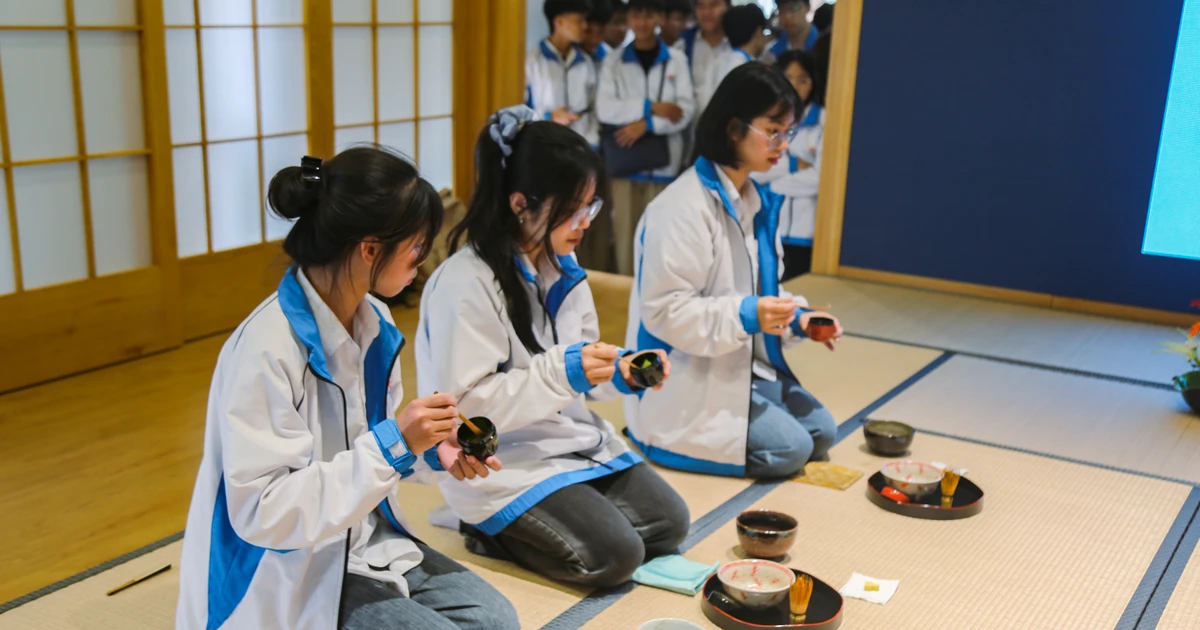
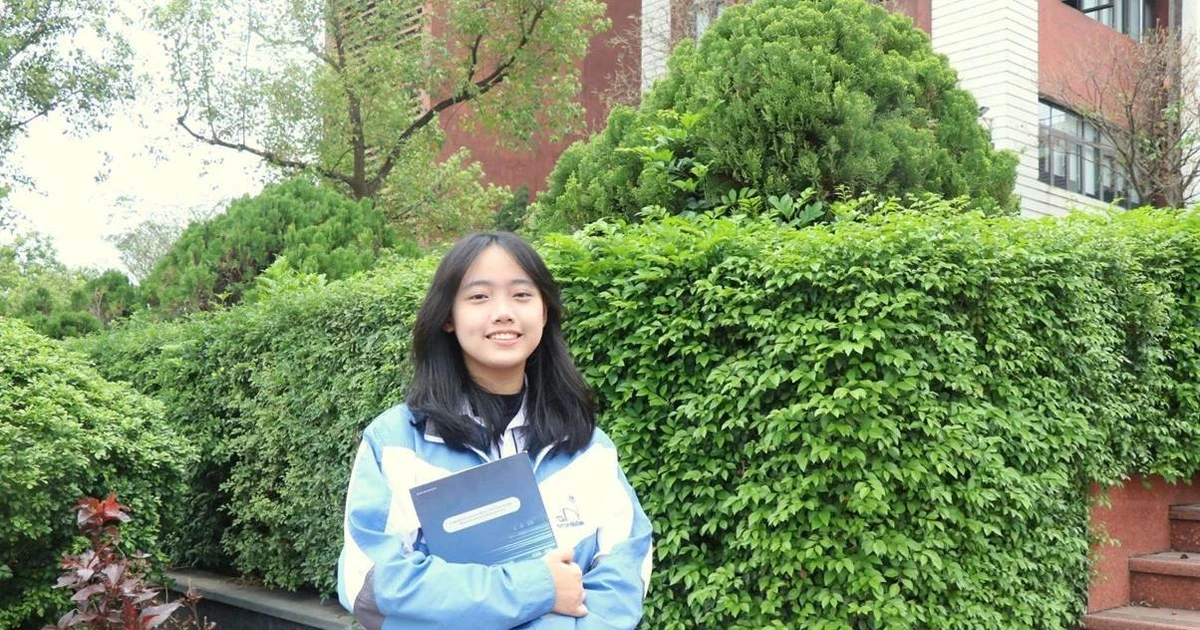




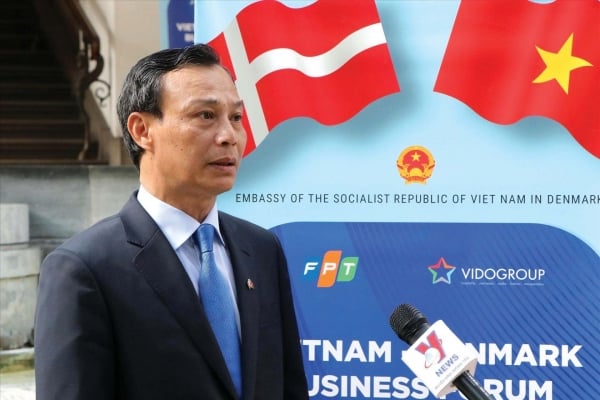

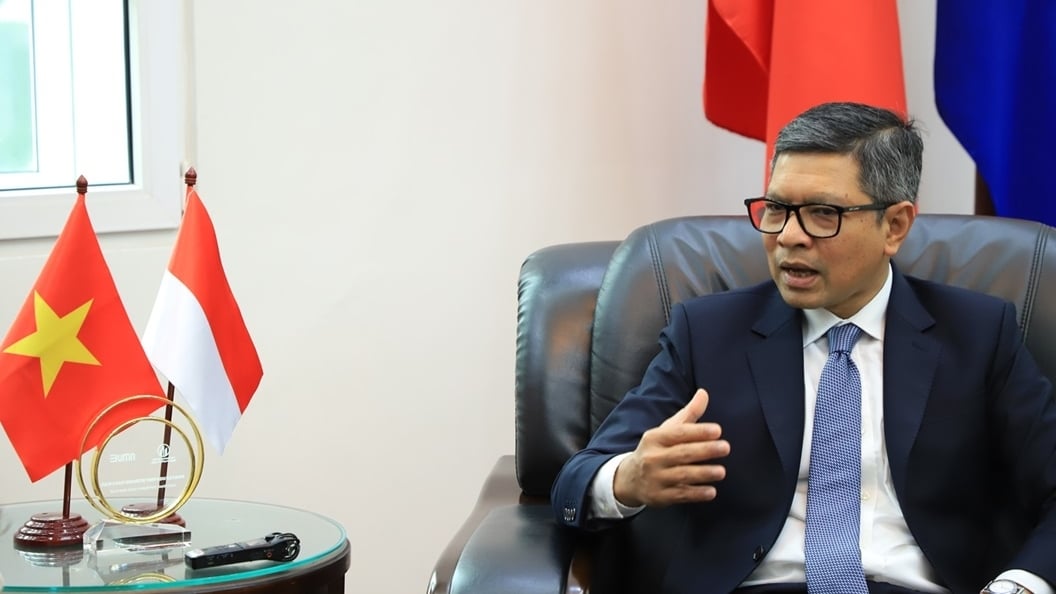
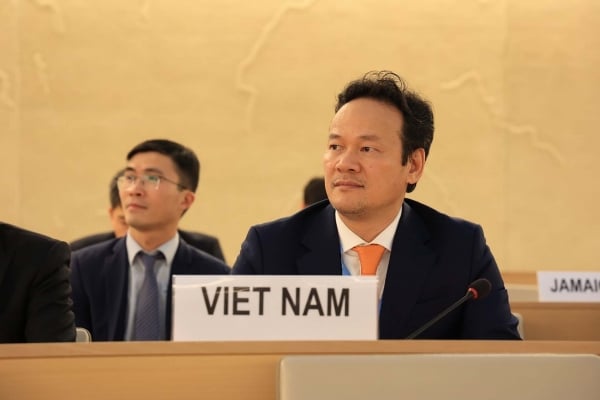
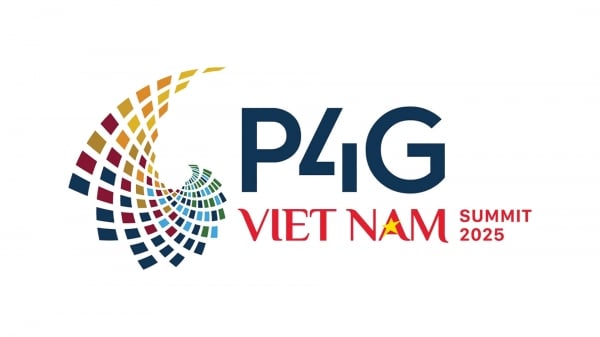

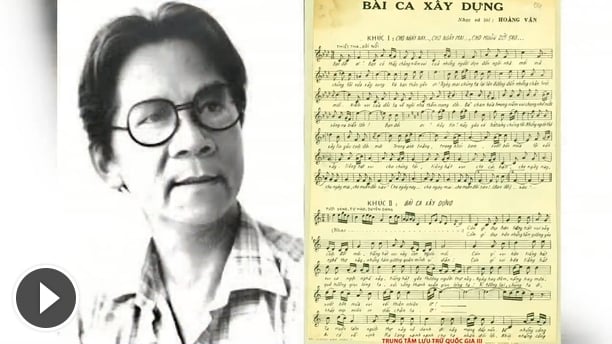

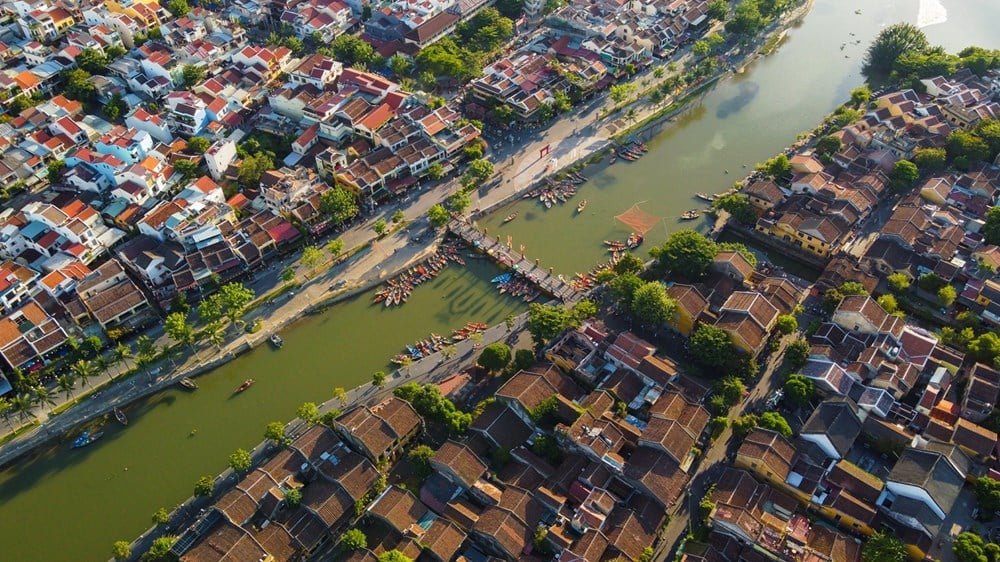

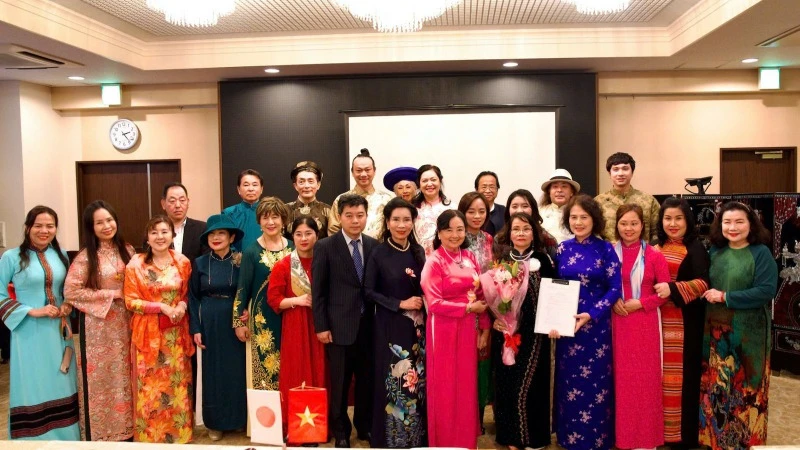






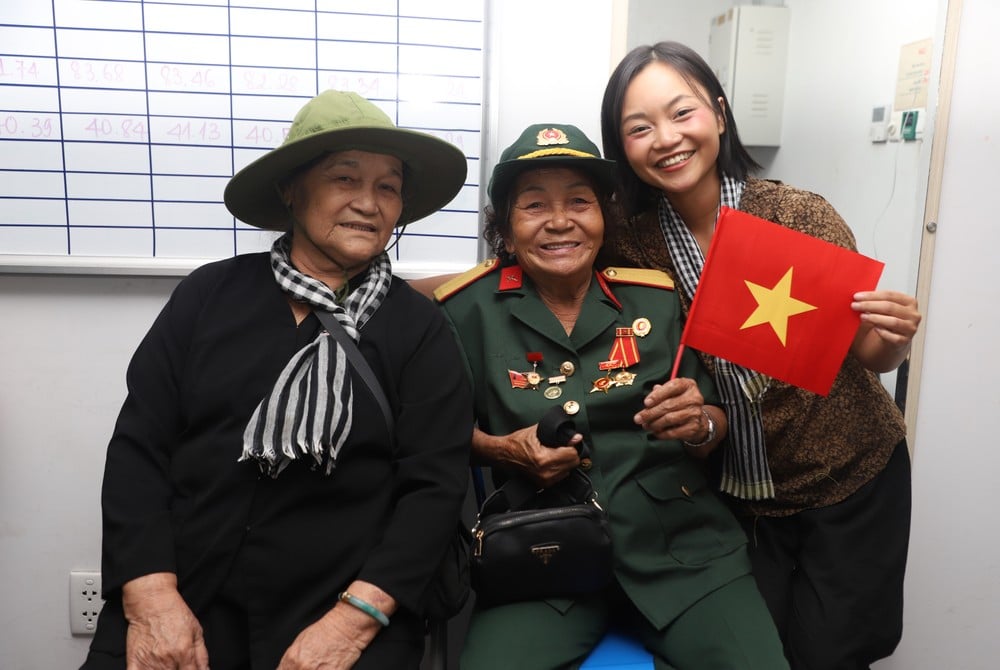
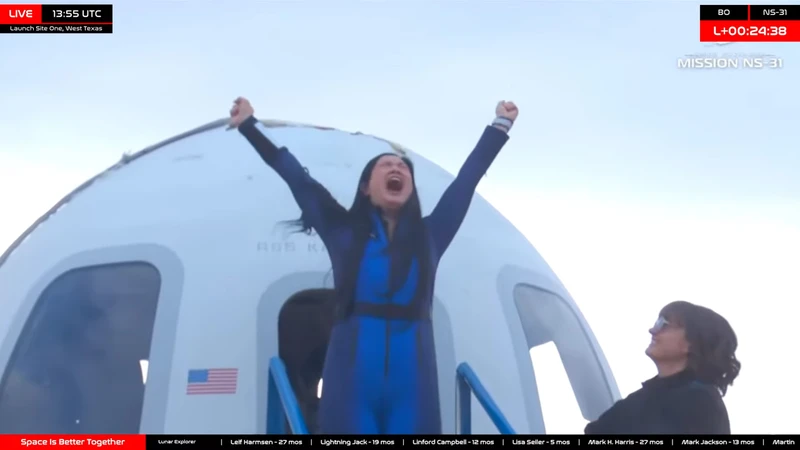

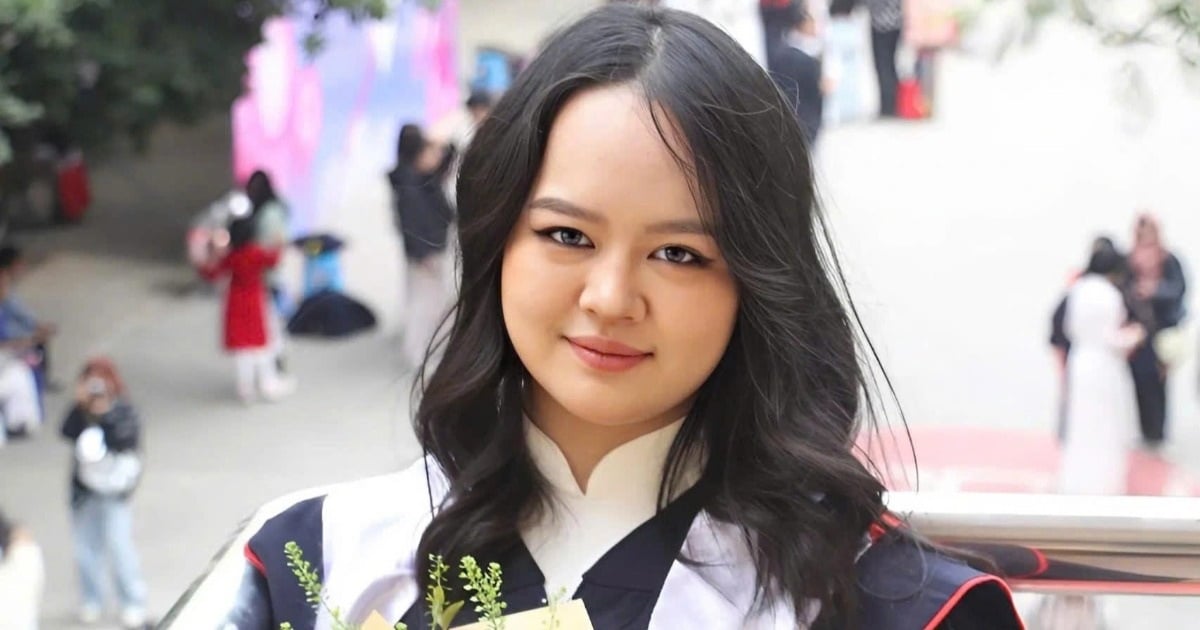



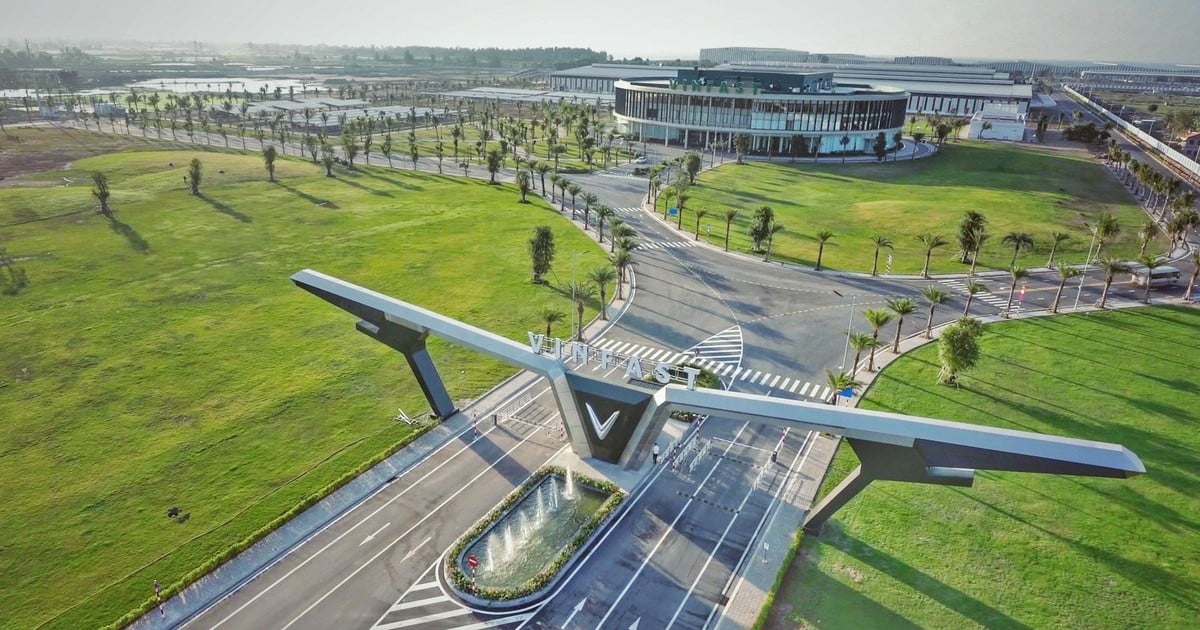

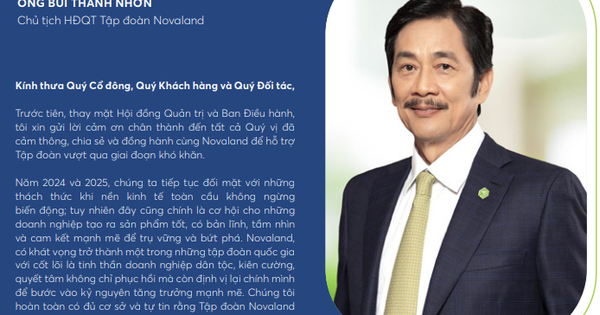










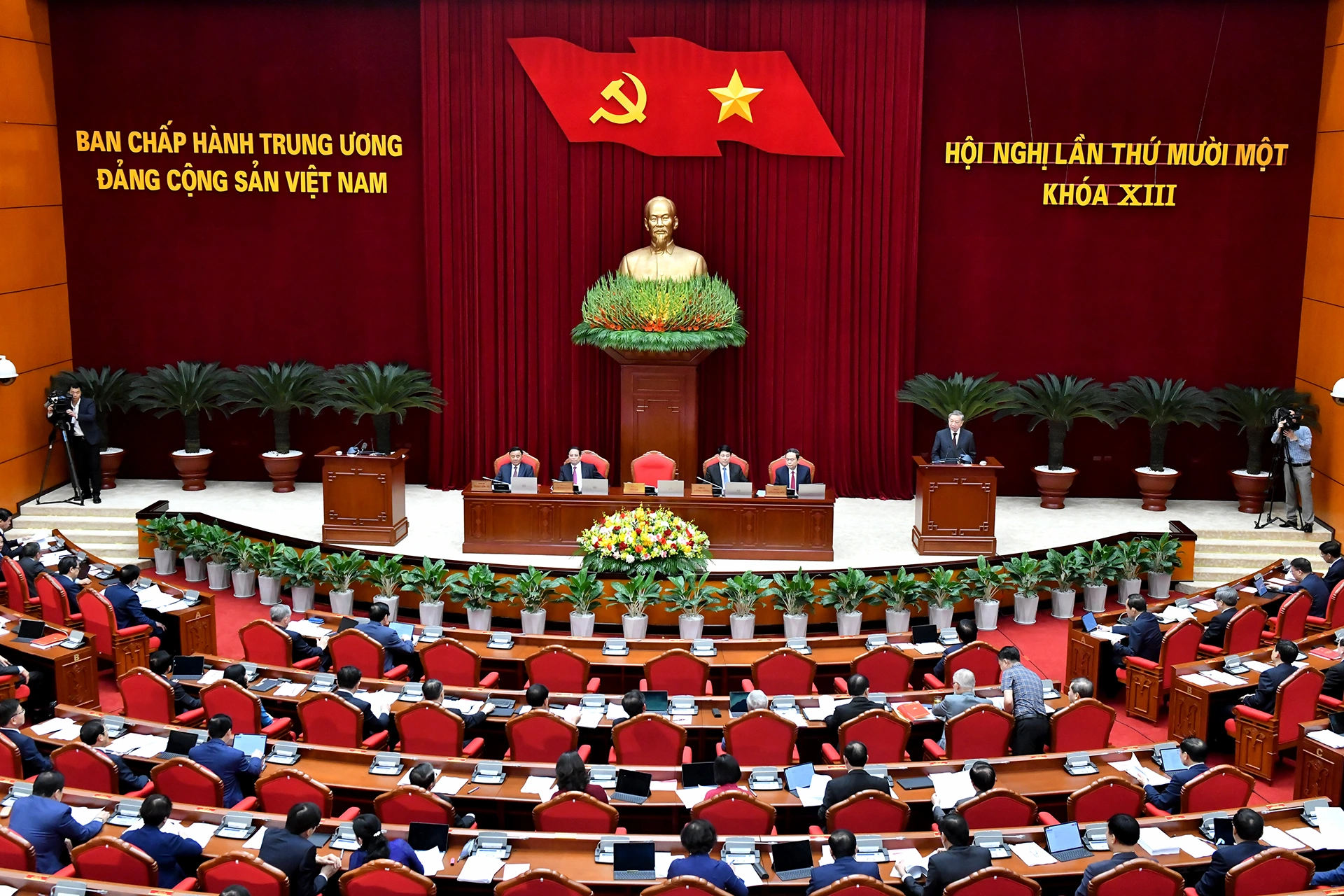
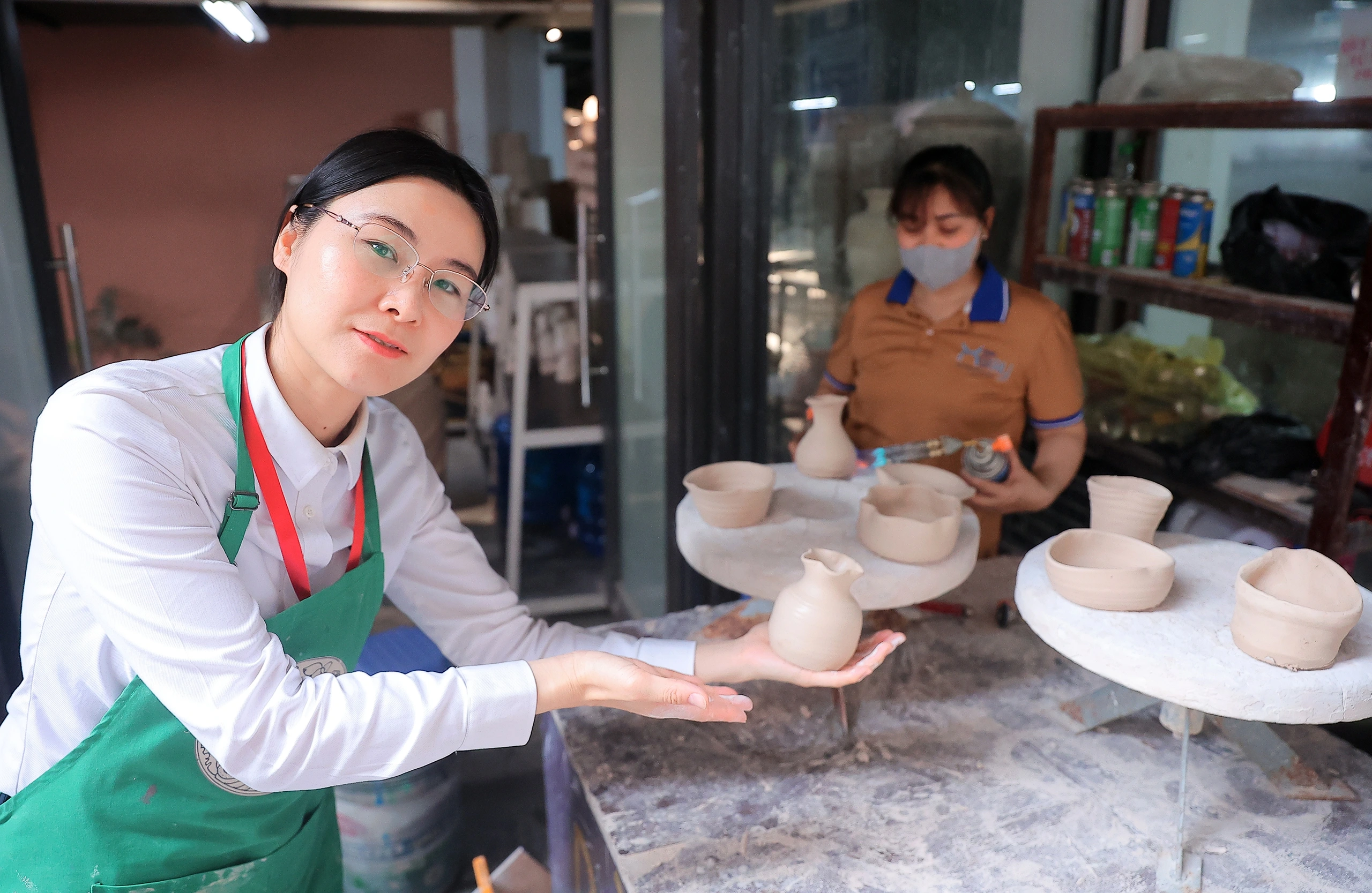
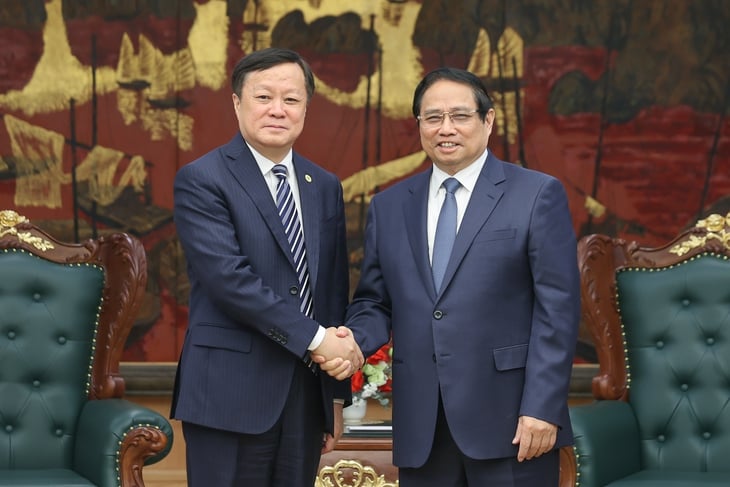
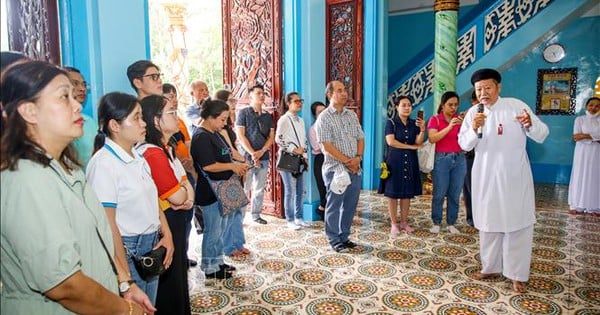

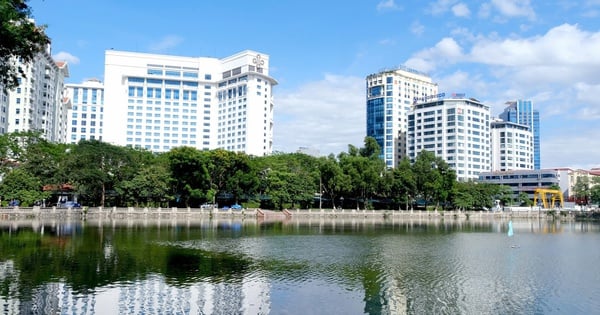


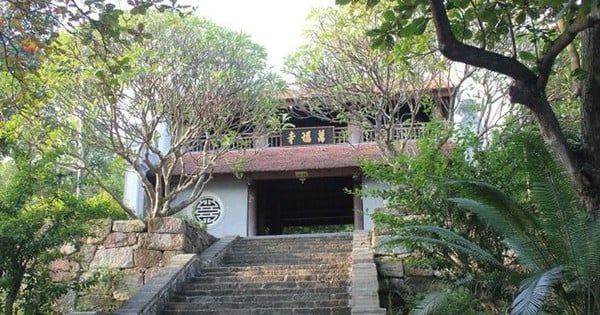
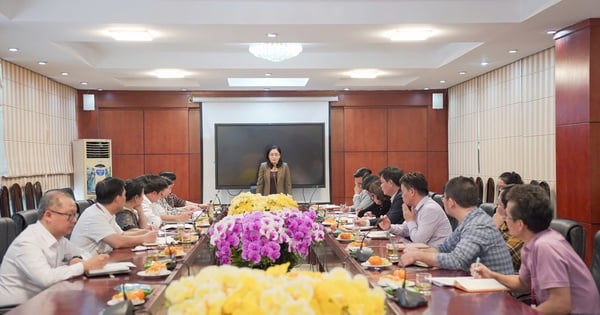
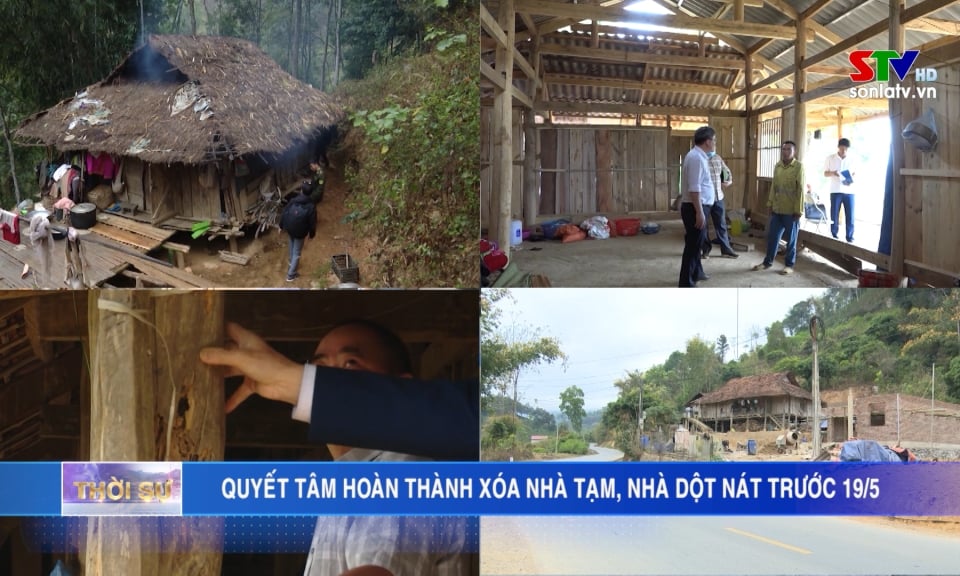





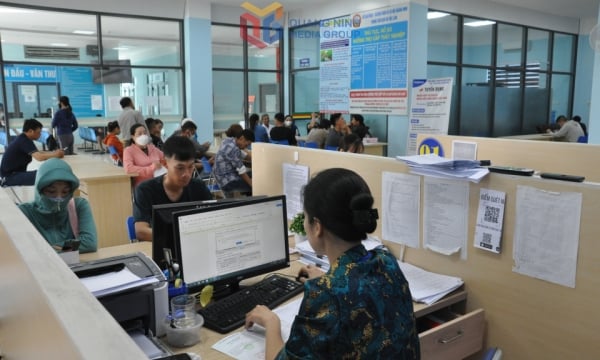



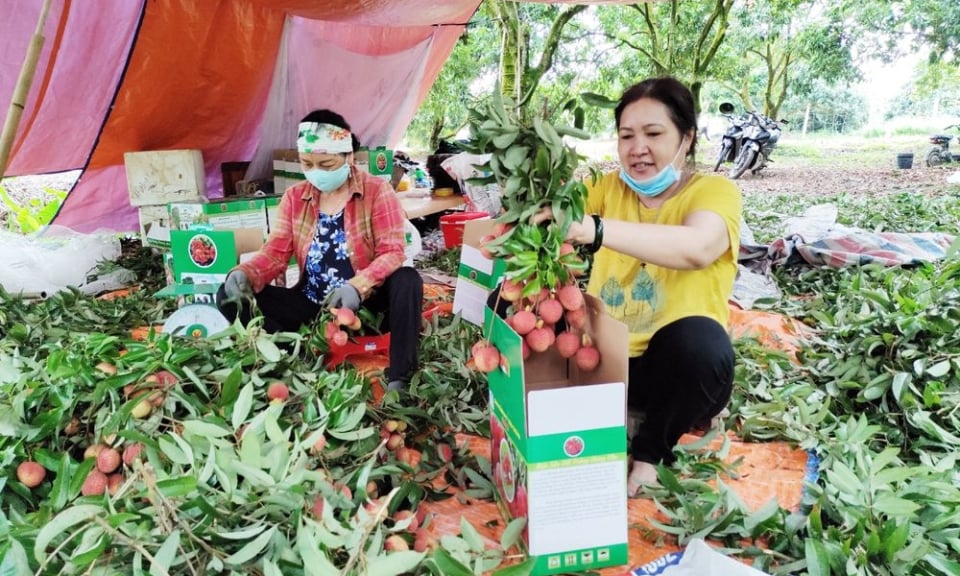









Comment (0)